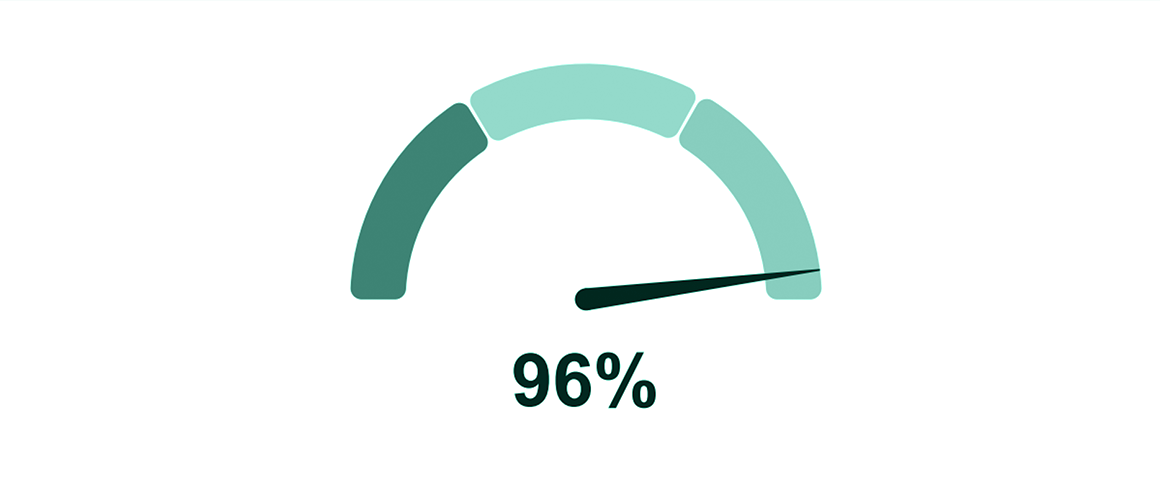Written By: Nick MacDonald on 5th September 2023
All Professions NewsIntroduction
As we head into winter, NHS hospitals are preparing for the inevitable increase in pressures from cold weather and the flu season. One of the key issues facing our health service is the backlog of elective procedures, which has been exacerbated by the ongoing COVID-19 pandemic. It's more important than ever to adopt efficient measures to tackle this challenge head-on. In a recent letter from Sir Jim Mackey, insourcing is identified as a viable solution to increase elective capacity and better prepare for winter pressures.
The Importance of Elective Capacity
Elective capacity refers to the ability of hospitals to conduct planned surgeries and treatments, often requiring highly specialised skills and resources. A lack of elective capacity can significantly affect patient care, increase waiting times, and ultimately reduce the effectiveness of the NHS. According to this comprehensive report, ensuring operational resilience is pivotal for the NHS, especially during winter months when resources are stretched thin.
Insourcing as a Solution
What is Insourcing?
Insourcing is a strategy that employs NHS clinicians who are already part of the national healthcare system to address elective procedure backlogs within NHS trusts during periods of departmental inactivity. This approach aims to prevent patients who have exceeded their referral-to-treatment waiting times from being outsourced to private healthcare providers. Instead, NHS trusts leverage their existing resources, technology, and clinic facilities, making use of a workforce that spans the entire UK. For instance, insourcing may occur during weekends to avoid disrupting regular operations. This service is intended as a temporary solution to address ongoing workforce challenges within the NHS.
Benefits
Reduced Costs: By using existing clinical resources on an insourcing basis, the NHS can make significant cost savings by seeing the same, if not higher, patient throughput at sub-tariff pricing, which can be reallocated to other critical areas.
Shorter Waiting Times: Efficient use of insourcing resources can help to reduce waiting times for patients needing elective procedures.
Increased Staff Satisfaction: Insourcing allows for greater control over workloads, leading to higher staff satisfaction levels.
Implementation Strategies
When considering the implementation of insourcing to tackle elective wait lists, the NHS should consider the following three key implementation strategies:
Challenges and Considerations
While insourcing seems like a straightforward solution, there are several challenges to consider, such as the availability of specialised staff and the potential for employee burnout. It's crucial to plan carefully and consult healthcare professionals in the process.
Conclusion and Recommendations
The idea of insourcing, as proposed by Sir Jim Mackey, can go a long way in improving the NHS's elective capacity, especially when preparing for winter pressures. With proper planning and implementation, insourcing can reduce costs, shorten waiting times, and improve overall patient care. It's an initiative that requires serious consideration from healthcare administrators and policymakers.
By taking a focused approach towards insourcing, the NHS can make significant strides in protecting and expanding its elective capacity, with success stories being shared by many approved insourcing companies around the country.
References

Written By: Aimee Hughes on 24th October 2025
YMS recently invited you to participate in a colleague engagement questionnaire; the results were overwhelmingly positive, a whopping 116 responses were received, and we thank each and every one of you for submitting your feedback; it helps shape how YMS continuously reviews and improves the way we engage, work and strengthen our relationship with our vital colleagues.
All Professions AwarenessTo find out more about how Your Medical Services can support your organisation, contact us today.